Gynecologic Oncology Fellowship
Our Gynecologic Oncology Fellowship Program is an advanced, four-year program certified by the Accreditation Council for Graduate Medical Education (ACGME). With 12 fellows learning from more than 25 faculty members, the program provides comprehensive clinical training to physicians preparing to practice full-time gynecologic oncology and introduces them to clinical, translational, and laboratory-based research, preparing graduates for careers as future leaders in gynecologic oncology, academic gynecologic oncology, or as physician scientists.
Since its beginnings, the Gynecologic Oncology Fellowship Training Program was accredited by the American Board of Obstetrics and Gynecology. Recently, all gynecologic oncology fellowships in the U.S. were transitioned to the Accreditation Council for Graduate Medical Education, and the process was completed in January 2020. The Gynecologic Oncology Fellowship Program at MD Anderson has produced many of the leaders in the field, including clinical investigators and physician-scientists: Many alumni are division heads, OB/GYN department chairs and more than 10 have served as president of the Society of Gynecologic Oncology.
A Letter from our Program Director

On behalf of the faculty in the Department of Gynecologic Oncology and Reproductive Medicine, we are pleased to tell you about The University of Texas MD Anderson Cancer Center. We are proud of our fellowship program and its outstanding graduates.
Our department has a long and exciting history of excellence in advancing the care of women with gynecologic cancers. Our faculty are national and international experts in our field, and we are committed to training the next generation of gynecologic oncologists. Our program’s strengths include our large surgical volume with training in complex robotic, laparoscopic and open procedures; our cutting edge, multidisciplinary approach to the clinical care of patients with both common and extremely rare gynecologic malignancies; and our extensive clinical and translational research training. Also, as the top comprehensive cancer center in the nation, MD Anderson is a unique training environment that will expose you to the most up-to-date, research-driven cancer therapies available.
All of us are eager to learn about your professional goals and we hope you will consider our fellowship. We are looking for motivated individuals who are committed to becoming future leaders in our field. MD Anderson can provide you with a gynecologic oncology training experience unmatched in this country, and we look forward to meeting you.
Meet Our Current Fellows
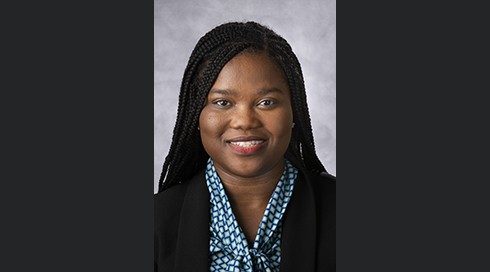
4th Year Naomi Adjei, M.D., M.P.H., M.S.Ed. (clinical)
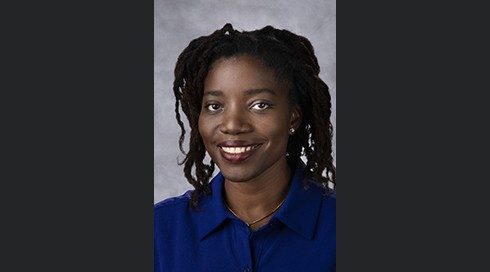
4th Year Amma Asare, M.D., Ph.D. (clinical)
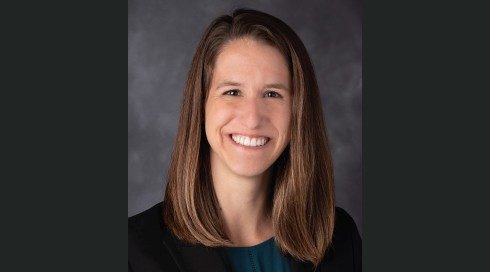
4th Year Anne Knisely, M.D., M.P.H. (clinical)
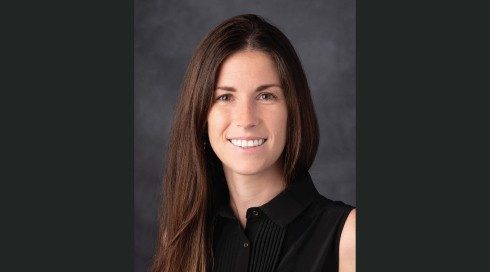
3rd Year Allison Brodsky, M.D. (clinical)
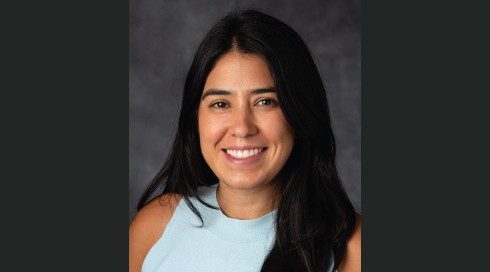
3rd Year Nia Fernandez, M.D., Ph.D. (clinical)
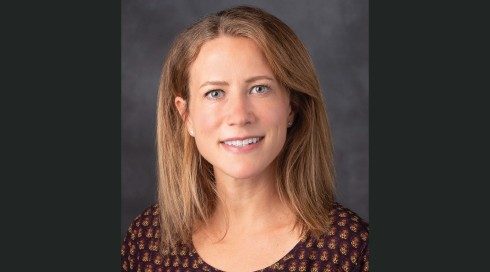
3rd Year Alexa Kanbergs, M.D., M.S., M.Sc. (clinical)
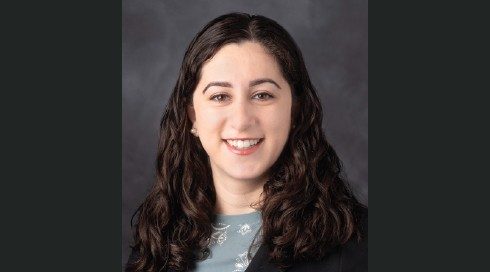
2nd Year Parisa Fallah, M.D. (research)
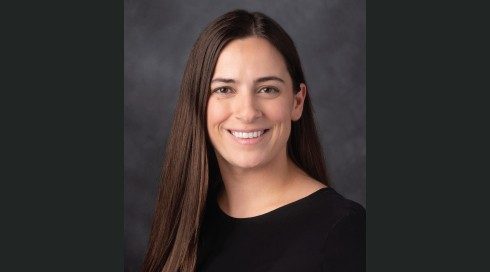
2nd Year Helen Clark, M.D. (research)
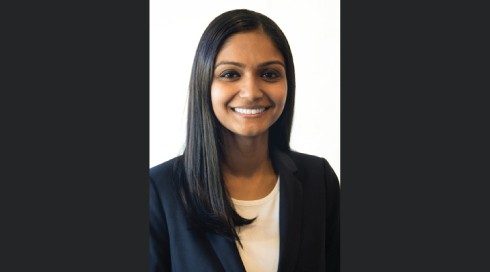
2nd Year Ravali Reddy, M.D. (research)
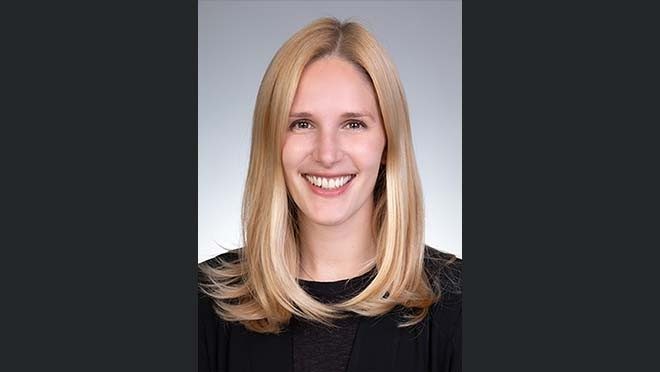
1st Year Isabel Beshar, M.D., M.Phil. (research)
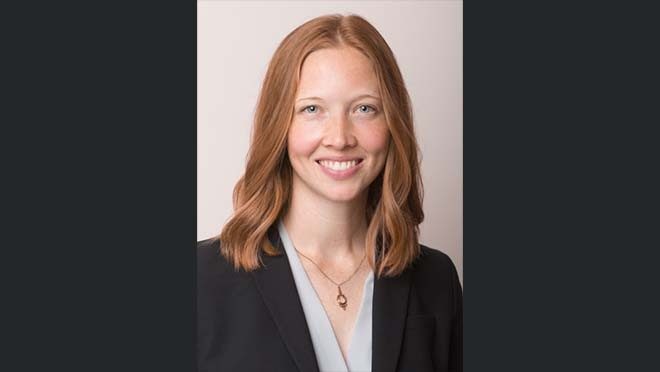
1st Year Karen Haney, M.D. (research)
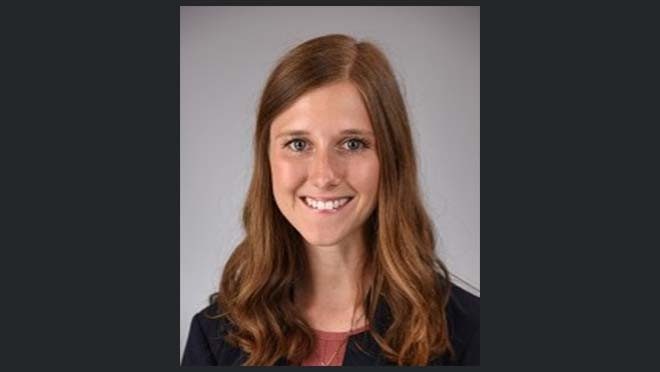
1st Year Shae Jansen, M.D. (research)
Meet Our Alumni
2022-2025
2025
Samantha Batman, M.D., M.P.H.
Assistant Professor
University of Virginia
Kirsten Jorgensen, M.D., M.P.H.
Assistant Professor
Vanderbilt University Medical Center
Jessica Son, M.D., M.S.
Texas Oncology - Houston
2022
Monica Avila, M.D., M.P.H.
Assistant Professor; University of South Florida
Gynecologic Oncologist, H. Lee Moffitt Cancer and Research Institute
Ross Harrison, M.D., M.P.H.
Assistant Professor
Oregon Health and Science University
Travis T. Sims, M.D., M.P.H.
Assistant Professor
The University of Texas MD Anderson Cancer Center
2024
Deanna Glassman, M.D., M.S.
Assistant Professor
University of Washington - Providence Medical Group, Sacred Heart Medical Center
Sarah Huepenbecker, M.D., M.P.H.
Director of Gyn Onc Research, St. Luke’s University Health Network
Clinical Assistant Professor, Temple University
Melissa Pham, M.D., M.P.H.
Assistant Professor
University of California, Davis
2023
Han Cun, M.D., M.S.
Assistant Professor
University of Chicago Medicine
Jeffrey A. How, M.D., M.P.H., M.S.
Assistant Professor
The University of Texas MD Anderson Cancer Center
Roni Nitecki Wilke, M.D., M.P.H.
Assistant Professor
The University of Texas MD Anderson Cancer Center
2018-2021
2021
Emily M. Hinchcliff, M.D., M.P.H.
Assistant Professor
Northwestern Feinberg School of Medicine
Christopher J. LaFargue, M.D., M.S.
Gynecologic Oncologist
Texas Oncology – Fort Worth Cancer Center
Katherine I. Stewart, M.D., MBA
Assistant Professor of Gynecology and Obstetrics
The Johns Hopkins University School of Medicine
2020
Robert L. Dood, M.D., M.S.
Assistant Professor
University of Utah School of Medicine and
Huntsman Cancer Institute
Joseph Dottino, M.D., M.P.H.
Instructor
Beth Israel Deaconness Medical Center - Boston
R. Tyler Hillman, M.D., Ph.D.
Assistant Professor
The University of Texas MD Anderson Cancer Center
2019
Shannon Armbruster, M.D., M.P.H.
Assistant Professor
Virginia Tech Carilion School of Medicine
Katherine Kurnit, M.D., M.P.H.
Assistant Professor
University of Chicago Medicine
Rudy Suidan, M.D., M.S.
Gynecologic Oncologist
Advocate Medical Group
2018
Jean Hansen Siedel, D.O., M.S.
Clinical Assistant Professor
Rogel Cancer Center - University of Michigan
Janelle Pakish Darby, M.D., M.S.
Assistant Professor
Wake Forest Baptist Medical Center
Jolyn Taylor, M.D., M.P.H.
Assistant Professor
The University of Texas MD Anderson Cancer Center
2014-2017
2017
Michaela Grinsfelder, M.D., M.P.H.
Associate Professor
The University of Texas MD Anderson Cancer Center
Lauren Prescott, M.D., M.P.H.
Assistant Professor
Vanderbilt University Medical Center
Rebecca Previs, M.D., M.S.
Director, Medical Affairs
Labcorp Oncology
2016
Alaina Brown, M.D., M.P.H.
Associate Professor
Vanderbilt University Medical Center
Heather Dalton, M.D., M.S.
Gynecologic Oncologist
Arizona Center for Cancer Care
Kari Ring, M.D., M.S.
Assistant Professor
University of Virginia School of Medicine
2015
Amanda Bruegl, M.D., M.S.
Assistant Professor
Oregon Health & Science University School of Medicine
Laura Holman, M.D., M.S.
Associate Professor
University of Oklahoma College of Medicine Stephenson Cancer Center
Behrouz Zand, M.D., M.S.
Gynecologic Oncologist
Houston Methodist
2014
Justin Bottsford-Miller, M.D., M.S.
Gynecologic Oncology Department Chair and
Inpatient Cancer Care Medical Director
Billings Clinic
Erin K. Crane, M.D., M.P.H.
Assistant Director, Gynecologic Oncology, Department of Obstetrics
Carolinas Medical Center
David A. Iglesias, M.D., M.S.
Chief, Division of Gynecologic Oncology
Clinical Associate Professor
University of Florida
Contact Information
Kelly Schulz
Education Program Coordinator
Gynecologic Oncology and Reproductive Medicine
The University of Texas MD Anderson Cancer Center
1155 Pressler St.
Houston, TX 77030
Phone: 713-563-6720
Fax: 713-563-5737
Email
MD Anderson Cancer Center is committed to encouraging good health and staying true to our mission to end cancer. If you are applying for a GME fellowship or residency program starting on or after July 1, 2016, please be advised that MD Anderson will have instituted a tobacco-free hiring process as part of its efforts to achieve these goals. If you are offered an appointment, you will be subject to a Pre-Employment Drug Screen for tobacco compounds in compliance with applicable state laws. If you do not pass the urine drug screening which includes testing for tobacco compounds, you CANNOT be appointed at MD Anderson. Should you fail to meet this contingency, MD Anderson will withdraw your offer of appointment for the academic year. You may reapply for the following academic year, but there are no guarantees that you will be offered a position as many of our programs are already filled for several years out.
Our Labs
Learn more about our faculty and research taking place in our labs.
Conferences
View conferences available for continuing education credit.
